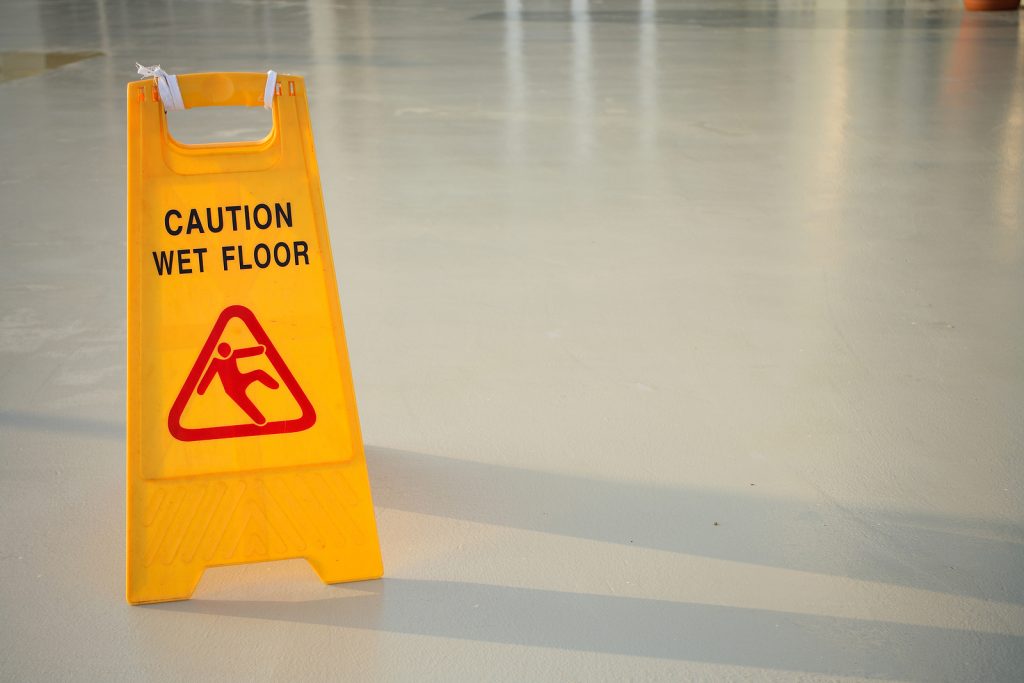There are many differences between civil and criminal lawyers. Read on to learn the differences between civil and criminal courts, and how you can recover. Most importantly, remember, if you’ve been involved in an accident, contact McKiggan Hebert lawyers to file a personal injury claim. We help Nova Scotia residents recover after accidents by getting the compensation they deserve to recover faster.
What Is A Civil Case?
In Canada, civil cases are private cases where someone sues someone else. This is also known as a suit or action. According to the government of Canada central resource website, “A civil action or suit starts when individuals or corporations disagree on a legal matter, such as the terms of a contract or the ownership of a piece of property. A civil suit can also result if someone is injured or property is damaged.”
What Is An Example Of A Civil Case In Canada
As an example, someone who breaks a leg when he or she slips on an icy stairwell may sue for compensation, get into a car accident, or sue for medical malpractice. The person who sues is called the plaintiff. The person being sued is called the defendant.
What Happens At A Civil Trial?
A civil trial begins with the plaintiff presenting evidence against the defendant. The plaintiff has the opportunity, if they choose, to call witnesses to facts and present evidence: papers, photographs or other documents. This is called providing a witness testimony. The defendant has the opportunity, if they choose, to cross-examine the plaintiff’s witnesses to test their evidence. The defendant will then present their own evidence, including witnesses. The plaintiff holds the same right to cross-examine.
Throughout the process of a civil trial, the judge must ensure that all the evidence presented and all the questions asked are actually relevant to the case. At the end, both the plaintiff and the defendant summarize their arguments. The judge must then consider the evidence presented before making a decision, based on what has been proven to be most probable. He or she must decide whether the facts show that the defendant has broken a civil law, such as a law that says we are obliged to fulfill our contracts.
Depending on the suit and the court, the defendant may have a right to a trial by judge and jury. It is then up to the jury to decide which version of the facts it believes. The judge still decides which law applies and explains the evidence and the relevant laws to the jury. The jury must then consider the matter and reach a verdict.
What Is A Criminal Case?
According to the government of Canada central resource website, “a crime is considered to be an offense against society as a whole, so it is usually the state that starts a criminal prosecution. Criminal offenses are set out in the Criminal Code or in other federal laws. There are two types:
- Summary conviction offenses, which are the most minor cases, for example causing a disturbance; and
- Indictable offences, which are more serious and include theft, break and enter, and murder.
The person charged with a criminal offense is called the accused. The accused is always presumed innocent until proven guilty.”
What Happens In A Criminal Trial?
A criminal trial can result in very serious consequences. The accused has a lot to lose in the context of a criminal lawsuit, not just their freedom, but they also may have to pay high fines or do time in jail. Because of that, common law protects the rights of the accused. As you may already know, the prosecution must prove that the accused is guilty of the charge beyond a reasonable doubt. Also, if any evidence is obtained that violates the accused’s rights, such as through an unreasonable search and seizure, the judge may refuse to admit the evidence. In a criminal trial, an accused person cannot be required by the prosecution to give evidence.
Whether you’re involved in a civil or criminal case, getting the right lawyer is crucial to the outcome of your case.
Turn To McKiggan Hebert Lawyers For Assistance With Civil Suits And Personal Injury Claims
If you have been injured, reach out to our team to discuss your legal options. At McKiggan Hebert Lawyers, we help with the following personal injury claims:
- Car accidents
- Truck accidents
- Pedestrian accidents
- Motorcycle accidents
- Brain injuries
- Spinal cord injuries
- Medical malpractice
- Slip and falls
- And more
You can schedule a free consultation regarding your case by calling our Halifax law office or filling out the form on our website.










